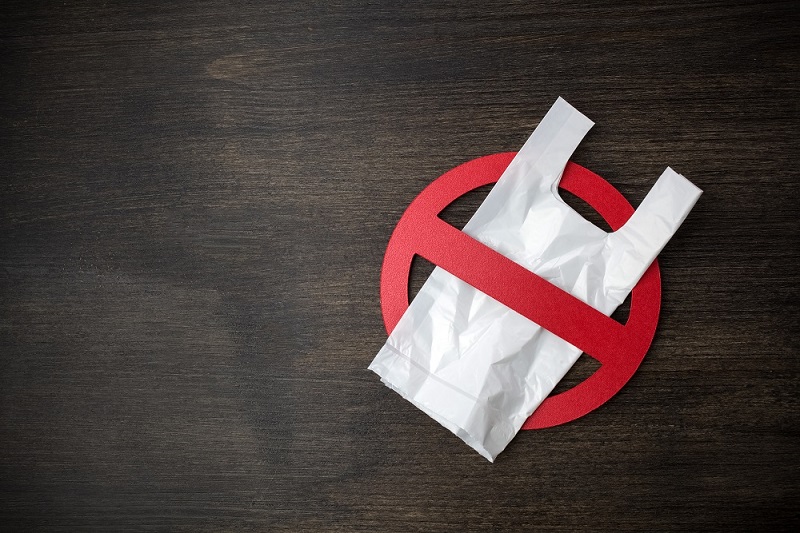Counties and municipalities across the country have banned plastic grocery bags in an effort to keep them out of waterways and landfills. Entire states have banned them as well. But even as such bans have forced consumers to find other ways to carry their groceries, recycling efforts continue. Why? Because the bags are still out there.
One county in Vermont is still dealing with the plastic bag problem despite a ban being in place for a year. Local officials say people continue to use the bags they procured before the ban went into effect. This is causing problems at the local recycling center when people inadvertently throw the bags into their recycling bins.
Sorting Is the Big Problem
When it comes to municipal recycling programs, the big problem is always sorting. Sorting facilities can do what they do manually or with machinery. Manual sorting is time-consuming and expensive. Machine sorting is faster and more efficient – at least until something happens to gum up the works. That is the problem Chittenden County is having with the plastic grocery bags.
Plastic grocery bags are made of a film plastic known as #4 LDPE. It is easy enough to recycle if kept clean and separate from the start. But when it ends up in recycling bins, it has a habit of getting jammed in recycling machinery. A single bag can shut down an entire sorting line for hours.
Renewed Collection Efforts
To help reduce the number of bags that end up in curbside recycling bins, the county is teaming up with a local business group to provide more drop-off locations for old bags. They are hoping to convince locals to drop off their bags at grocery stores, pharmacies, etc. rather than throwing them in the trash or the recycling bin.
As it turns out, plastic film grocery bags are easy to recycle as a standalone material. As long as they are kept separate from other plastics and residential garbage, they do not need any extra sorting or cleaning. They can go right from pickup center to recycler for easy and cost-effective processing.
This same principle is what makes recycling commercial and industrial plastics viable. Companies like Tennessee-based Seraphim Plastics acquire clean plastic waste that doesn’t require sorting or decontamination. They can easily process it and sell the resulting material to manufacturers.
Separation Is the Key
The only way Seraphim makes money is by collecting plastic waste that doesn’t have to be separated from anything else. They might pick up a load of unused plastic totes, for example. The totes are stacked in piles on a pallet and ready to go. They are not mixed with trash or any other plastic materials.
Plastic grocery bags can be recycled just as easily if the same model is followed. Likewise for PET water bottles. In fact, all sorts of materials can be recycled if they are uncontaminated. Therein lies the real problem with curbside recycling programs.
Trash and Mixed Materials
Municipal recycling programs typically run into two problems. The first is one that has already been discussed: trash being mixed in with recyclables. The other problem is mixed materials. For example, a recyclable ketchup bottle has a paper label attached to it with glue. The plastic has to be separated from the glue and paper before it can be recycled.
While municipalities and private trash haulers struggle with most curbside recyclables, plastic bags are something that can be recycled easily. Chittenden County, Vermont knows this. That’s why their recycling efforts involving plastic grocery bags continues, even though the bags have been banned.


